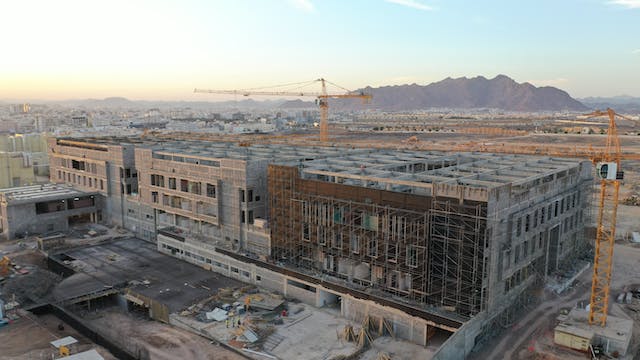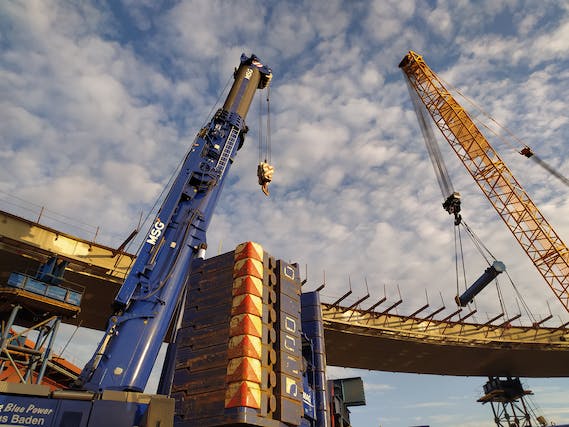Construction projects can be very complex and there are a lot of risks involved as well. These risks can affect budgets, timelines and the success of your project. A project manager can help manage risk in your construction project and we will go into this more in the article below.
When you choose Connect Building Project Management, the project manager will identify potential risks of the entire project. These risks can be related to the design process, materials used, construction methods, weather conditions at the construction site along with regulatory changes that can affect the approvals process. There are also unforeseen events. The project management team will carry out routine brainstorming sessions so that potential risks of the project can be uncovered. And when you select an experienced project management company for this, they can use the historical data they have in order to predict certain risks that are prevalent in the project. This will help them carry out a comprehensive risk identification process. They can then create a detailed register for risks that they can refer to during the project. Once the risks of the project are identified, you need to assess and prioritise them on how they impact the project and how likely these are to happen. Theproject managers will assign a severity level to each risk factor. Some considerations for this decision will be delays in scheduling, safety concerns, issues with contracts and cost implications.

When risks are prioritised
The project managers are able to allocate resources effectively so that they can give more attention to the largest potential risks. These will have the biggest impact on the project. Therefore, a targeted risk response strategy can be developed. Quantitative and qualitative analyses are needed for risk assessment. With quantitative analyses, numeral values to risks are assigned so that you can have a measureable understanding on how these affect the project. So you can use this when you can express the risk in time, cost or other measureable units. But there are things that will not have a measureable unit. This requires a more subjective evaluation. You need to consider the complexity of the project and the expertise of the team in this aspect. You need to combine these analyses in order to obtain a comprehensive view of the risks.

Once risks are identified along with their potential impact,
The project managers will be able to come up with risk response plans. They can make plans to avoid the risk or to eliminate it completely. Then there are mitigation measures that can be taken to reduce the impact of a risk or the possibility of it happening. You can also shift the risk to a different part using a contractual agreement or through insurance. There are risks that should be acknowledged and you need to understand the potential consequences of this if you don’t take action. You can combine these strategies in order to develop an informed approach.

Recent Comments